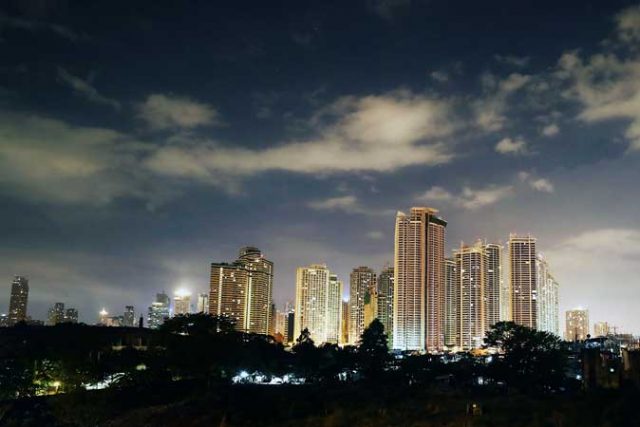Gov’t vows fiscal prudence to revive ailing economy

Luz Wendy T. Noble, Reporter
ECONOMIC MANAGERS on Tuesday vowed to push economic recovery this year by keeping the coronavirus pandemic under control, ensuring fiscal prudence and shielding the economy from spillover risks.
“We will drive up domestic economic activity by proceeding full speed with our infrastructure program,” Finance Secretary Carlos G. Dominguez III told an online forum. “We are determined to maintain financial prudence and fiscal strength so we can face the future with a deep war chest.”
The government has released P660.5 billion to various agencies in the battle against the coronavirus, Budget Secretary Wendel A. Avisado said at the same forum organized by the Economic Journalists Association of the Philippines.
The agencies have identified specific projects for 82.2% or P542.64 billion of the total. He added that 89.8% or P487.19 billion have been spent on these projects.
Mr. Avisado said almost a trillion pesos out of the P4.5-trillion 2021 national budget covers programs against the pandemic, including medical assistance to poor patients.
Public works and transportation projects are also part of the government’s pandemic response since these generate jobs.
The government may borrow P3 trillion from domestic and overseas markets as it expects the budget deficit to hit 9.4% of economic output this year.
Socioeconomic Planning Secretary Karl Kendrick T. Chua said he expects the economy to have grown in the second quarter after more businesses reopened, from a 4.2% contraction a quarter earlier. Economic output shrank by a record 9.6% last year, the worst recession since World War II.
“The economic performance you see today is due to an artificial policy of restricting economic performance because of excessive risk aversion last year,” he told the forum. “That is why we are changing our objective on risk management.”
Mr. Chua has been pushing to reopen the economy to boost consumption.
President Rodrigo R. Duterte on Monday night relaxed the lockdown in Metro Manila for the rest of June, allowing more businesses to operate more freely amid easing coronavirus infections.
The capital region and nearby provinces were placed under a strict lockdown from March to April amid a fresh surge in infections.
Mr. Chua said economic pump priming would not do much if people’s mobility remains restricted.
Bangko Sentral ng Pilipinas (BSP) Governor Benjamin E. Diokno stressed the need to remain watchful of the pandemic’s toll amid divergent recoveries experienced by the world.
The government expects the economy to grow by 6-7% this year and by 7-9% in 2022. Multilateral agencies such as the International Monetary Fund and the World Bank have warned of risks to the country’s recovery including the virus surge, renewed lockdowns and the slow pace of vaccinations.
“We have to be ready for the possible spillover risks resulting from differentiated and divergent recoveries,” Mr. Diokno told the forum. “We need robust institutions and sustained policy discipline to see us through this COVID-19 fog.”
He said the central bank would keep watch of inflation concerns for their policy decisions, which would also support economic recovery
Inflation settled at 4.5% for the third straight month in May. While this was slower than the two-year high of 4.7% in February, it exceeded the central bank’s 2-4% target.
Food prices have risen during the health crisis, especially meat due to low supply. In response, the government raised the minimum access volume quota for pork imports and cut the tariff on pork imports for a year.
“The BSP will remain vigilant over the current inflation dynamics to ensure that the monetary policy stance continues to support economic recovery to the extent that the inflation outlook would allow,” Mr. Diokno said. “We will carefully scan the operating environment with a forward-looking perspective to move in preemptively to address any risks to our price stability mandate.”
Mr. Avisado said next year’s national budget would probably again take the pandemic into account.
The appropriations would prioritize funding for coronavirus booster shots, assistance to poor local governments, national ID integration, a proposed Virology Institute, family planning and nutrition, he added.
